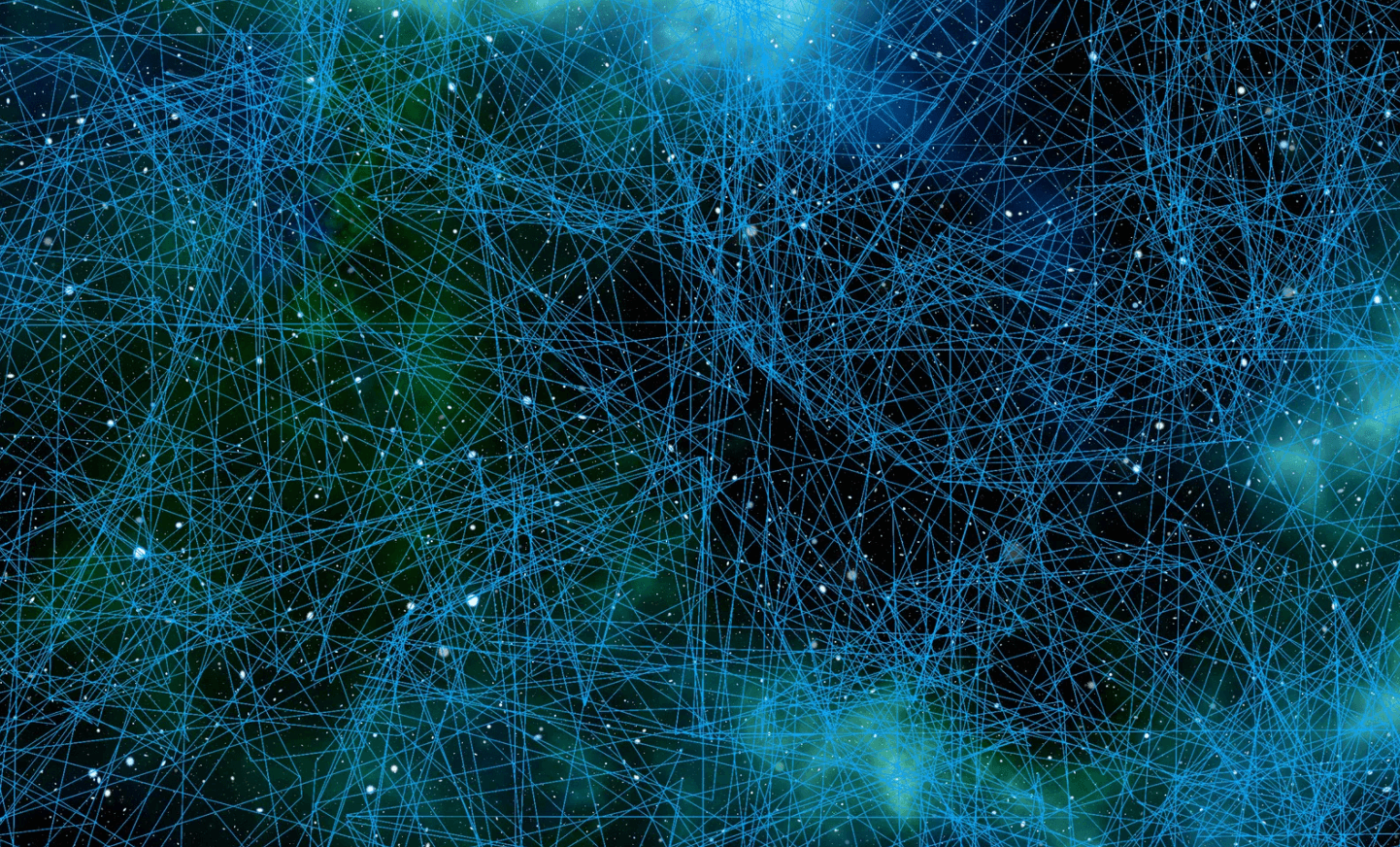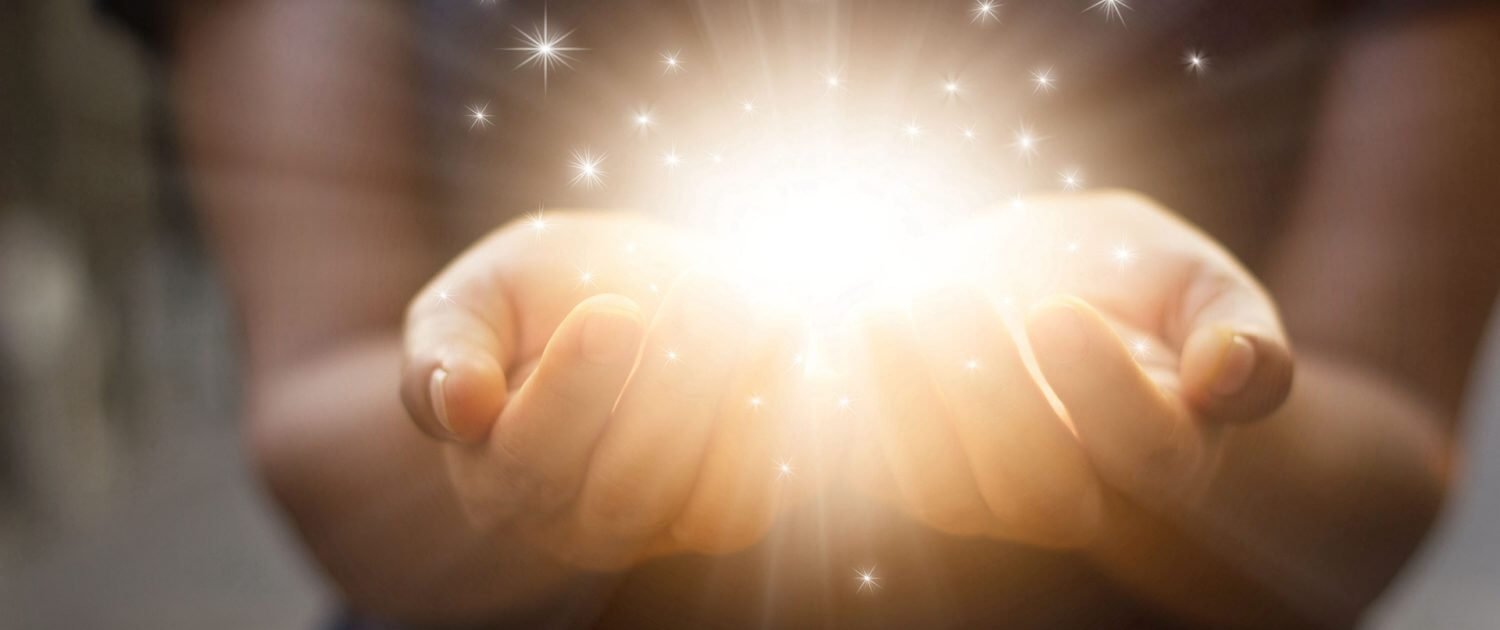
KETAMINE
Unlocking Hope and Healing
in
Maui

Ketamine was initially approved by the FDA in 1970 as an anesthetic and analgesic and quickly gained popularity due to its analgesic effects. Ketamine is increasingly used as a treatment for anxiety and treatment-resistant depression.
When used in low doses, it can disrupt negative feelings and preoccupations and help the brain create new, healthier neural pathways.
Ketamine and New Neural Pathways
Ketamine, in simple terms, might help your brain grow and change positively. It does this by encouraging the production of a particular protein called BDNF, which is like brain fertilizer. BDNF helps your brain cells communicate better and create new connections, like making friends. This ability of Ketamine to improve these connections is essential for learning, remembering things, and managing your mood. Scientists are excited about Ketamine because it could be a new way to help people struggling with treatment-resistant depression, anxiety, and PTSD.

Ketamine acts on the brain to provide relief from anxiety and depression.
Can Ketamine Help Me With My Negative Thinking?
Ketamine has a unique way of helping people with negative thoughts. Imagine your mind is like a looping tape of worries and sadness; Ketamine can pause and silence that tape. It does this by affecting certain parts of your brain and making them less active for a short while. This pause can give you a break from those heavy, negative thoughts and feelings. It's like hitting a reset button for your mind, allowing you to see things differently, experience relief, and feel better. It doesn't make the problems disappear, but it can help you manage them more effectively and find a path towards a more positive mindset.
Ketamine Can Create A Shift In Perspective
When people use Ketamine, it can often offer them a fresh perspective on their thoughts and emotions. Think of it as a mental reset button. Ketamine's unique effects can temporarily shift how you see things, almost like stepping outside your usual thought patterns and emotions. This change in perspective can be precious, especially for those stuck in negative or repetitive thought cycles. It's like looking at a problem from a new angle or seeing the world differently.
“This shift can help individuals gain insights, find new solutions, and approach their challenges with a clearer, more open mind, which can be a significant step toward healing and personal growth.”
Can I Do Ketamine Without Therapy?
While Ketamine can be administered without therapy, its therapeutic benefits are often enhanced with counseling or psychotherapy. Therapy can help individuals process their experiences during Ketamine sessions and develop coping strategies.
What if I Just Want to See What Ketamine Feels Like?
Exploring Ketamine solely for recreational purposes is not advisable. Ketamine should be used responsibly and under appropriate medical supervision. Using it without a legitimate medical reason can carry risks and may not provide the intended therapeutic benefits
How Many Sessions Are There?
The number of Ketamine sessions required can vary widely based on individual needs and treatment goals. Some individuals may experience improvement after a few sessions, while others may require ongoing treatments. Joanne King, your certified psychedelic-assisted therapy provider will assess your progress and tailor the treatment plan accordingly.

Ketamine holds promise as a potential treatment option for individuals struggling with treatment-resistant depression, PTSD, and anxiety.
However, it's essential to approach Ketamine with the guidance of a qualified healthcare professional to ensure safe and effective use. *Currently, Ketamine is not FDA-approved for treating depression or anxiety and is an off-label treatment for treatment-resistant depression, anxiety, and PTSD.
If you have further questions or are considering Ketamine therapy, contact us to determine the most suitable approach for your specific needs and circumstances.
When I met Joanne, I felt great sadness and shame of the person I had become. I didn't know if I was worthy of help. I had been in eight inpatient programs along with even more outpatient programs for my alcohol addiction.
I had not been able to maintain sobriety and these programs seemed to focus more on what was wrong with me, the terrible things I had done, and all the negative parts of me. Joanne treated me with compassion and care. She was nonjudgmental and her focus was on the positive. We used Ketamine Assisted Psychotherapy (KAP) to work through past traumas, along with treating myself with kindness, while opening my mind and heart to goodness, restoring my self-worth.
Alcohol Addiction had clouded my mind and kept me in its grip. With Ketamine and psychotherapy with Joanne, I was finally able to see clearly, to understand, and to find my true self and give up alcohol. I now feel confident and present with myself and my family. There is compassion, hope, and most of all love for the person I truly am.
Thank you, Joanne.
D.T., Kihei
TESTIMONIAL
After a lifetime of repeated traumas and 20+ years of therapy, my true self is finally able to shine through.
After four months of working with Joanne, I’ve had more growth and healing than I have in my entire life. This time has been the most transformative I’ve experienced, and it has been a lot of work and energy, but I’ve felt confident and safe to do so in Joanne’s care. She is highly skilled, caring, and gentle. My life has completely changed for the better, and I can finally recognize myself in the mirror after a lifetime of pain and terror. Her ability to support and guide through reflection and evidence-based recommendations made this transformation possible. If you are ready to feel the freedom from the past and finally be able to imagine a future, you have to reach out to Joanne. Maui is so lucky to have a resource like her.
J.N., Kihei, Maui, Hawaii
TESTIMONIAL




